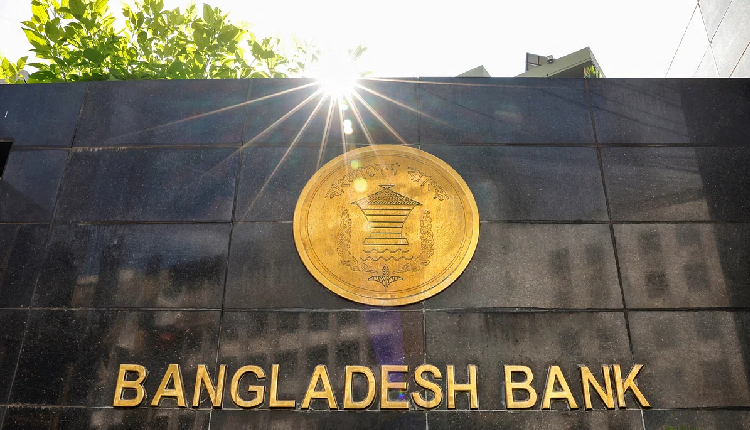Bangladesh has implemented a series of measures to combat stubbornly high inflation and bolster its dwindling foreign currency reserves, the NIKKEI Asia reported on Monday.
The South Asian nation has grappled with rising prices, with inflation peaking at 9.81 per cent in March before dipping slightly to 9.24 per cent in April.
These figures significantly exceed the government’s target for the fiscal year and represent a worrying trend compared to June 2022’s rate of 7.56 per cent.
The situation is compounded by rapidly declining foreign reserves. Bangladesh’s reserves currently stand at $19.82 billion, less than half their peak of $48.2 billion reached in August 2021.
To address these challenges, the Bangladesh Bank announced a three-pronged strategy on Wednesday.
Crawling Peg Introduced: The centerpiece is the adoption of a crawling peg system for the Bangladeshi taka (BDT). This allows the currency to depreciate against the US dollar in a controlled manner, reflecting market forces more accurately.
The initial devaluation of 6.3 per cent represents the largest single-day decline in the country’s history. The central bank emphasized that future adjustments will be incremental.
Interest Rate Reform: Bangladesh Bank also overhauled its interest rate setting mechanism. Previously, rates were linked to government treasury bills.
The new system allows banks to determine lending rates based on market factors such as individual client relationships, loan demand, and overall liquidity.
This is a significant shift away from centralised control and could enhance the effectiveness of monetary policy in curbing inflation.
Repo Rate Increased: Additionally, the central bank tightened its grip by raising the overnight repurchase agreement (repo) rate by 50 basis points to 8.5 per cent.
This key rate influences what banks pay for short-term loans from the central bank, potentially making them more cautious in extending credit and reducing the money supply in circulation.
These measures coincide with the conclusion of a 15-day visit by an International Monetary Fund (IMF) team to Bangladesh.
The IMF delegation, led by Chris Papageorgiou, focused on economic and financial policies as part of a loan programme review.
The IMF not only pledged a $1,15 million loan but also lowered the net international reserves target for a separate $4.7 billion loan tranche, suggesting approval of Bangladesh’s reform plans.
Papageorgiou praised the central bank’s “bold actions” in a statement. However, economists view Bangladesh’s measures as a necessary and coordinated intervention.
Ahsan H. Mansur, a prominent economist, highlighted the ineffectiveness of previous interest rate caps and emphasized the new system’s potential to decrease money supply and slow inflation.
He commended the combined strategy of a crawling peg, higher repo rate, and market-driven interest rates, describing it as a multi-pronged approach to economic stabilisation.


